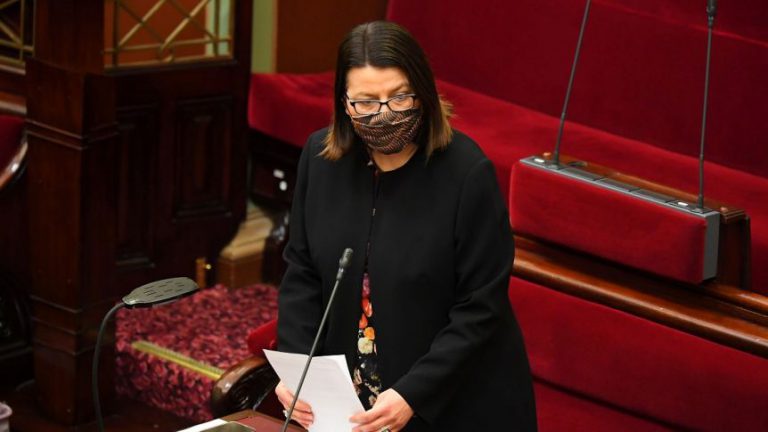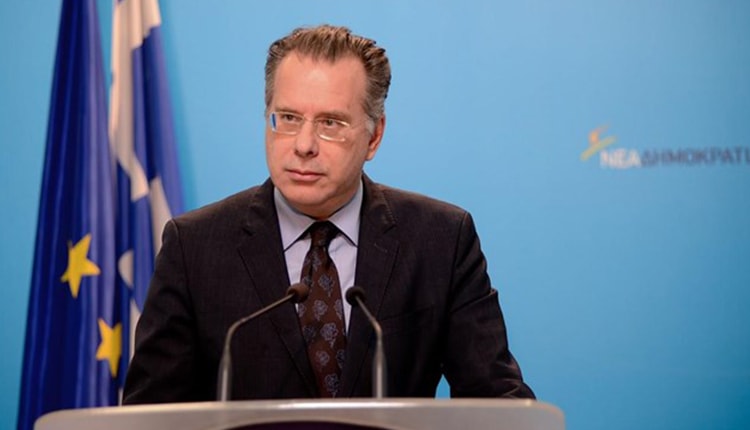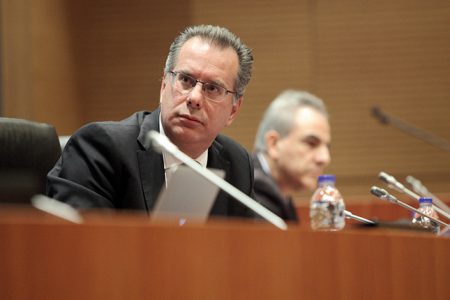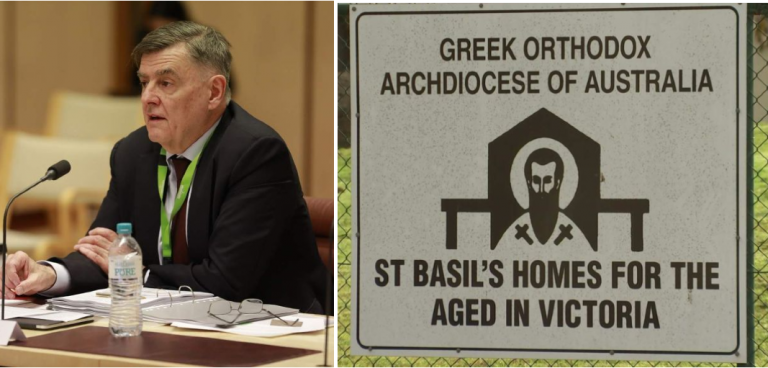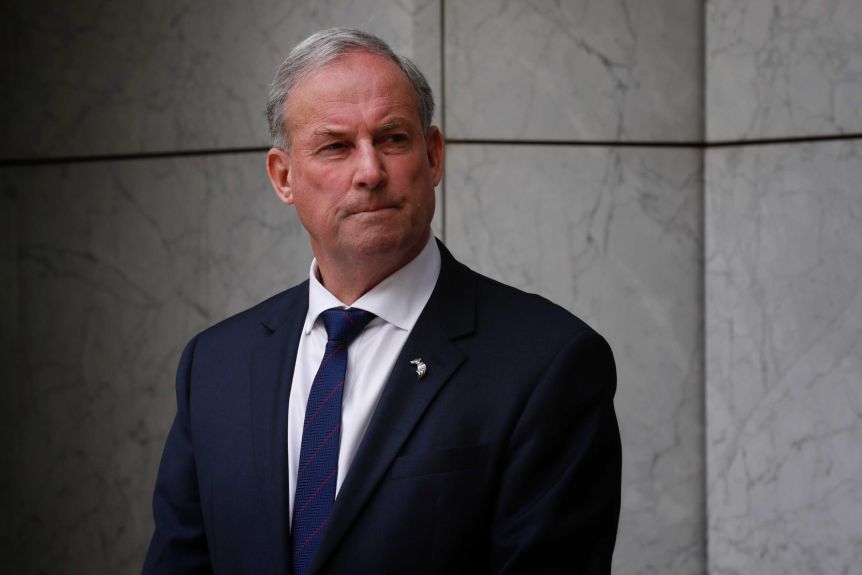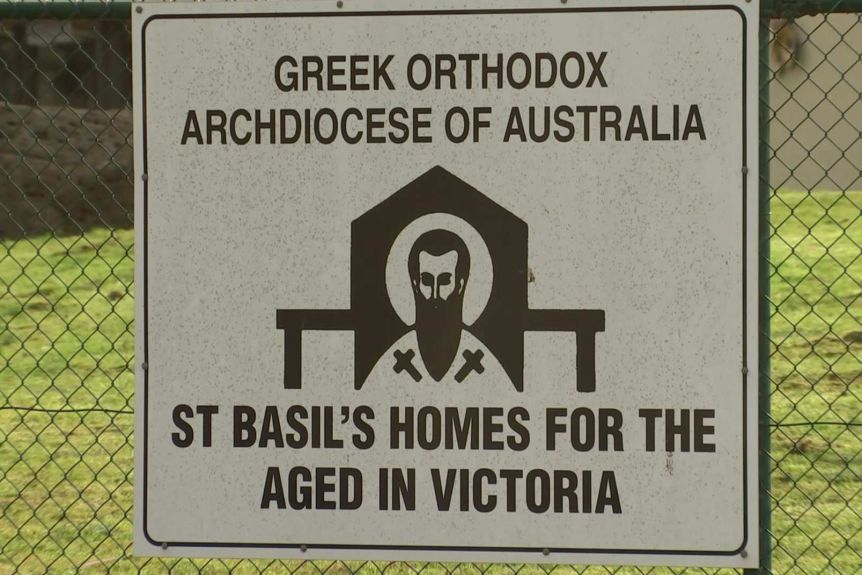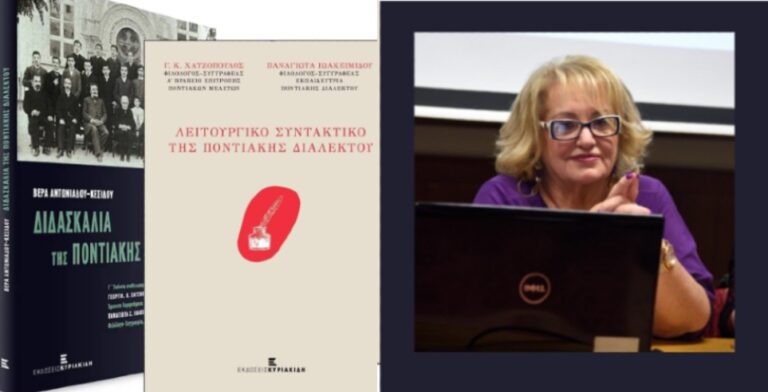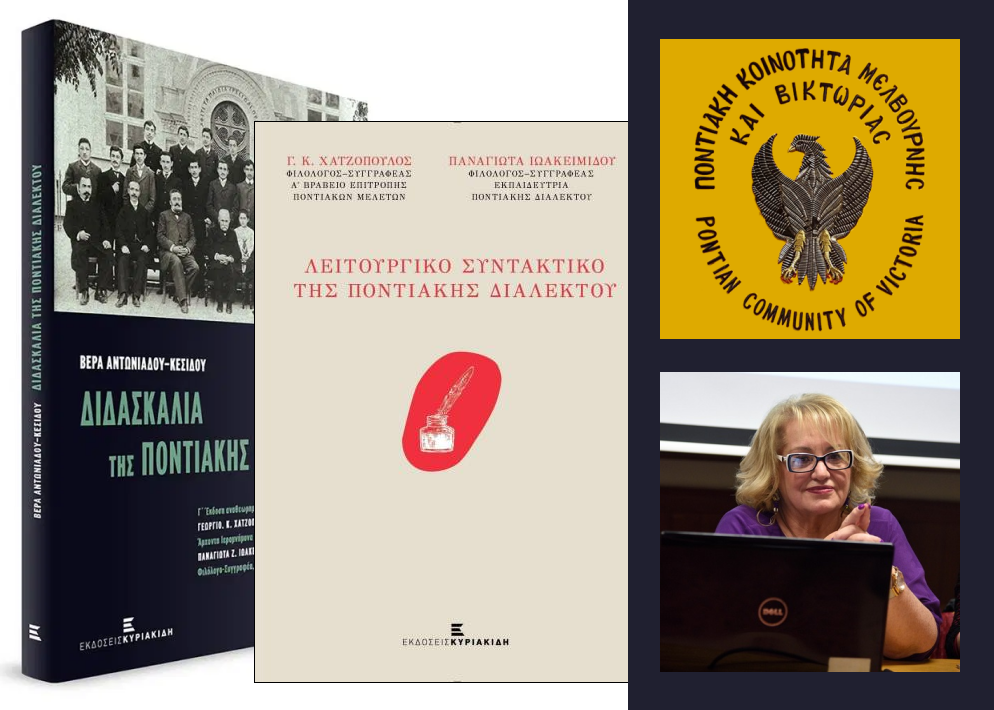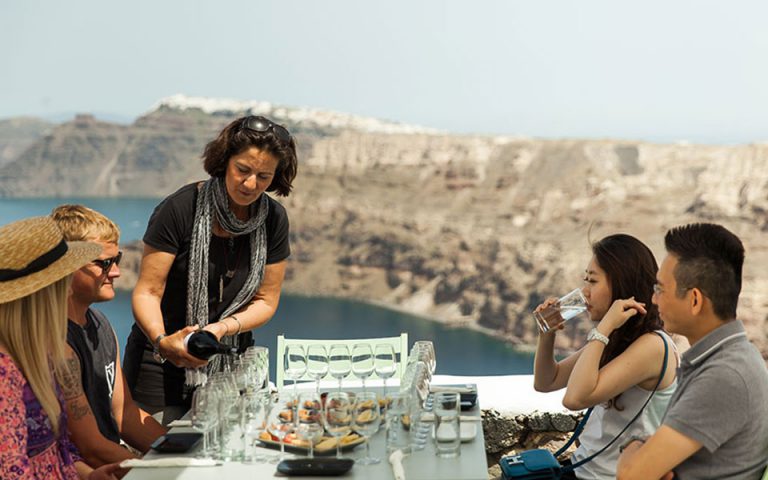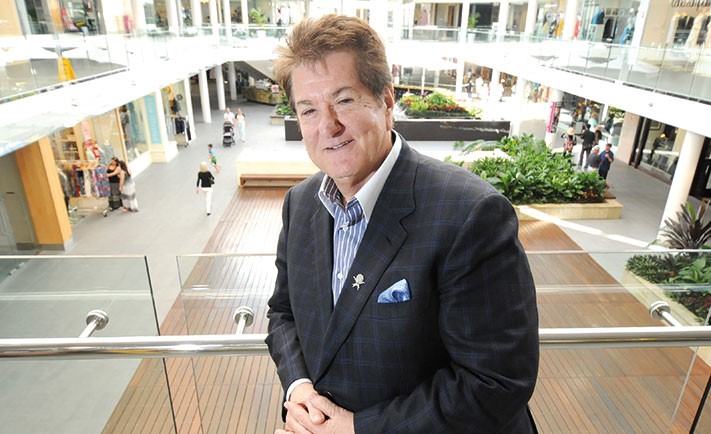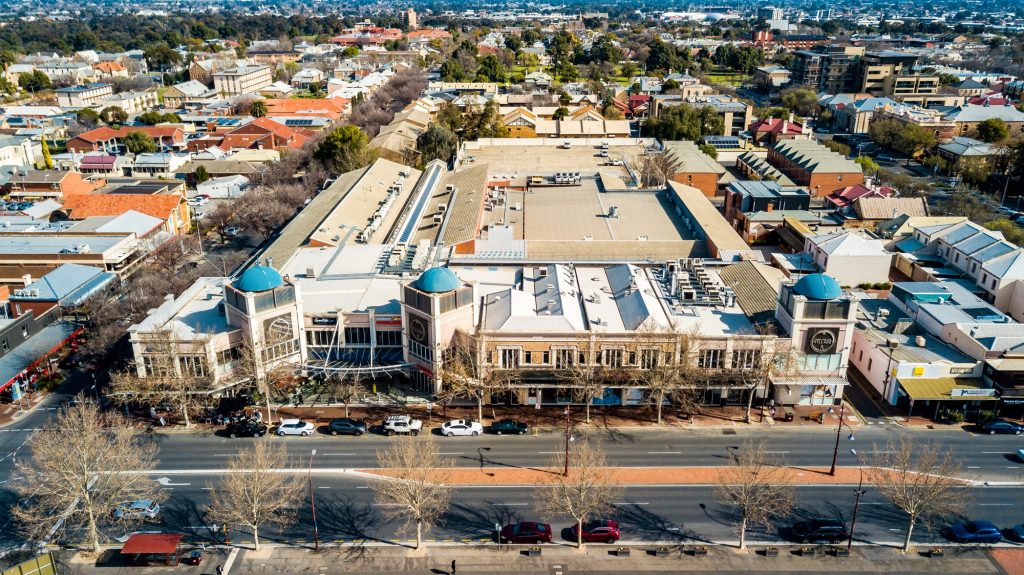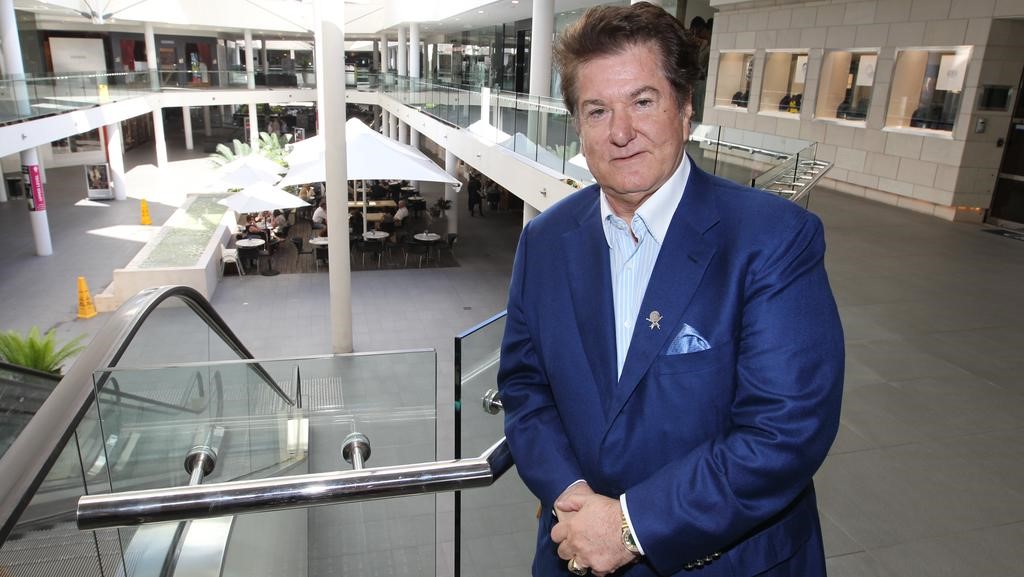Jenny Mikakos’ has received calls for her resignation after the Victorian Health Minister ignored the Chief Health Officer’s advice not to attend parliament and then refused to answer questions about the government’s response to the coronavirus pandemic.
The Herald Sun reports that Ms Mikakos and about 10 other MPs disregarded medical advice from the state’s Chief Health Officer Brett Sutton, who recommended they did not attend parliament.
A “smug” Ms Mikakos then ignored questions about the government’s coronavirus response, including the bungled hotel quarantine program that sparked the state’s disastrous second wave.
Ms Mikakos dismissed six key questions, prompting questions about why she bothered to defy the advice not to attend, only to refuse to answer queries.
“It was just extraordinary and it looked smug and arrogant,” said Opposition upper house leader David Davis.
“People are entitled to answers and all she had to do was stand there and answer truthfully.”
In the chamber, Ms Mikakos slammed the Opposition, saying: “The position that the government has been forced into in relation to today’s sitting has been one that has set a very dangerous position — not just in terms of putting staff at risk but also sending a clear message to the community that the Chief Health Officer’s advice can be ignored.”
But Australian Medical Association president Omar Khorshid hit out at all the MPs who disregarded Prof Sutton, saying there was “nothing special about politicians”.
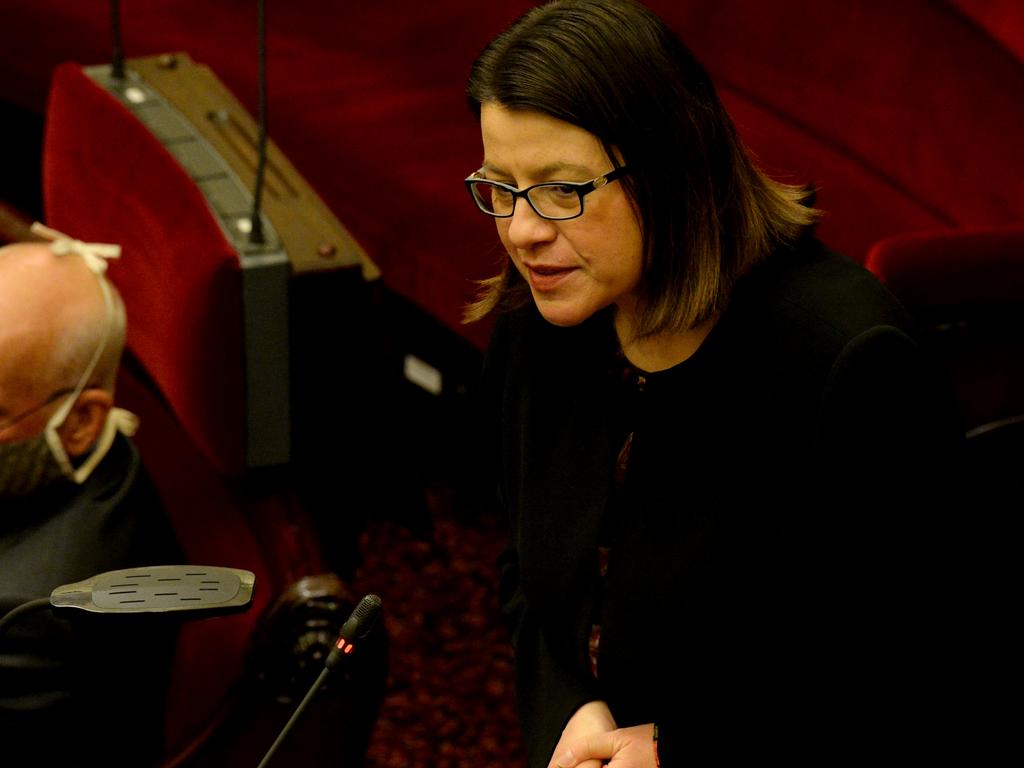
“They’re not immune from COVID. They haven’t been vaccinated and they, and their staff, can certainly transmit this virus around the country,” Dr Khorshid said.
“It is very disappointing that the Victorian upper house is sitting against the Chief Health Officer’s advice.”
After Ms Mikakos’s refusal to answer questions, Opposition MPs Georgie Crozier and Bernie Finn, who labelled her a “shameful disgrace”, called for her to resign.
Government members have recently expressed their frustration over the decision to release minimal data about Victoria’s COVID-19 cases, instead hiding behind the ongoing judicial inquiry.
A handful of ministers have also expressed annoyance with Daniel Andrews’ move to create a “Super Cabinet” of eight, including himself, Ms Mikakos, Emergency Services Minister Lisa Neville and Industry Minister Martin Pakula.
THE QUESTIONS JENNY MIKAKOS REFUSED TO ANSWER
1 On what date in March or April were you advised that there were serious issues with the hotel security program?
2 Why is the government not listening to the advice of former federal Department of Health head professor Stephen Duckett, Melbourne University professor Tony Blakely or Professor Bill Bowtell, adjunct professor at University of New South Wales, and other authors of the Medical Journal of Australia article, which advocates the pursuit of coronavirus elimination rather than the yo-yo pattern we are now in?
3 The health department has refused opposition requests to access the background documents, working papers and the scientific papers that have informed the health orders issued since March. What do you have to hide or what do you have to cover up that would be made evident in these documents?
4 The Doherty Institute has undertaken a genomic report into Victoria’s COVID-19 positive cases. Will you release the report today?
5 What is the current utilisation and spare capacity of ICU beds and ventilators, and how does that utilisation rate justify the recently announced stricter lockdown measures?
6 The public health team that critically includes contact tracing had less funding in 2019–20 than in 2016–17. Is it not a fact, minister, that you have cut public health, including contact tracing, to the bone, leaving Victorians exposed when the COVID-19 pandemic hit?
